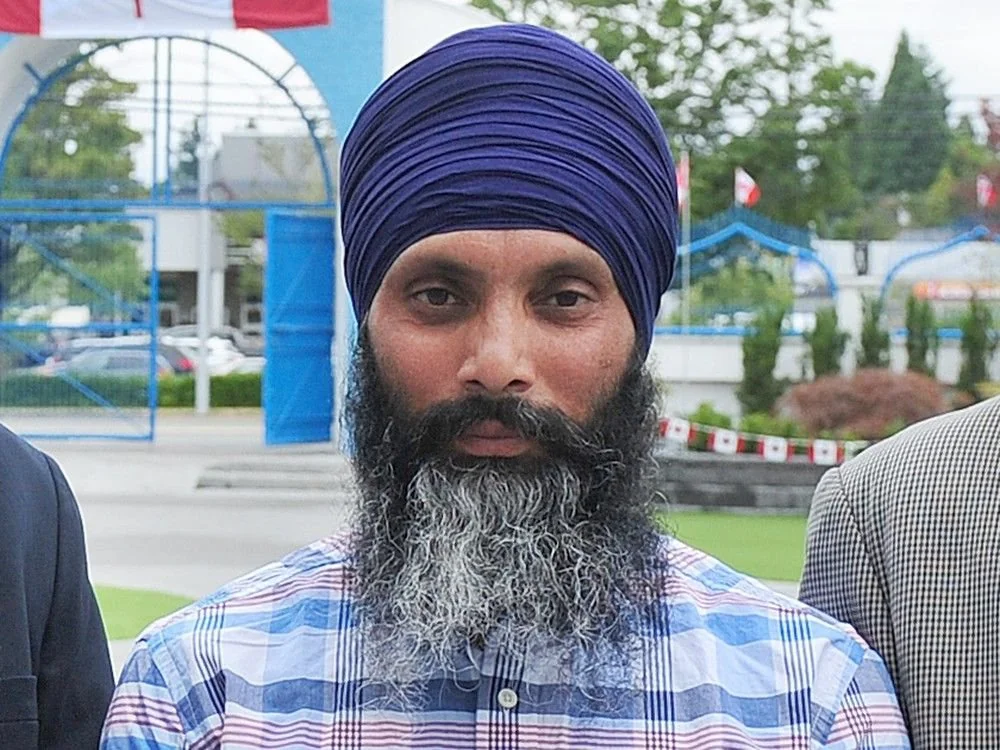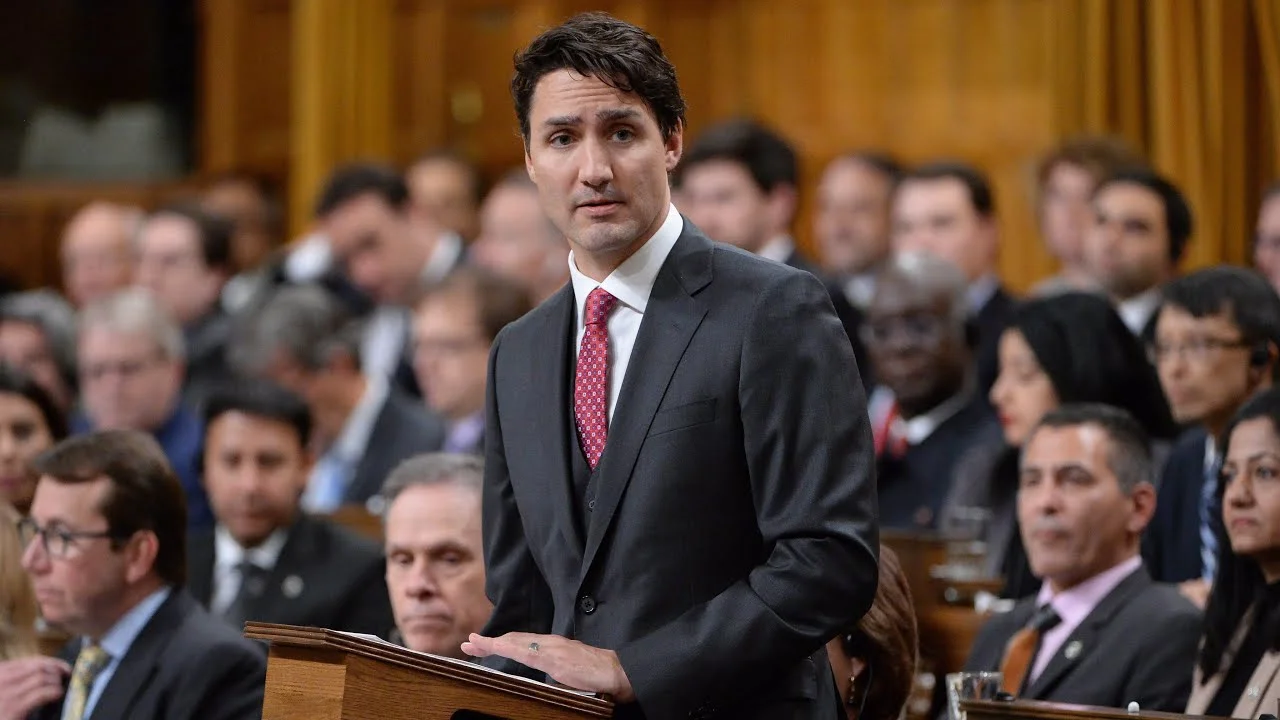Canadian Prime Minister Justin Trudeau has announced that national security agencies are actively investigating “credible allegations” of the involvement of “agents of the government of India” in the murder of prominent Canadian Sikh leader Hardeep Singh Nijjar in British Columbia in June.
Addressing the House of Commons, Trudeau described the matter as “extremely serious” and emphasized the importance of upholding the rule of law and protecting Canadian citizens. He stated that the top priorities are ensuring the continued safety of all Canadians and holding the perpetrators of Nijjar’s murder accountable.
Foreign Affairs Minister Melanie Joly also made an announcement, revealing that Canada would expel a “key Indian diplomat” in response to the allegations. Joly called on India to fully cooperate in resolving the matter, signaling a strong stance by the Canadian government.
Hardeep Singh Nijjar had been a longtime advocate of the Khalistan movement, which seeks an independent homeland for Sikhs in India’s Punjab region. His tragic killing outside the Guru Nanak Sikh Gurdwara in Surrey, B.C., on June 18th sparked widespread protests within the Sikh community across Canada. Many within the community accused the Indian government of orchestrating the assassination, with some holding posters referring to Indian diplomats as “killers.”

Prime Minister Trudeau’s recent visit to India for the G20 summit revealed diplomatic tensions with Indian Prime Minister Narendra Modi. During their meeting, Trudeau personally raised the allegations with Modi. In response, India’s Prime Minister expressed “strong concerns about continuing anti-India activities of extremist elements in Canada.”
Trudeau reiterated the gravity of the situation, emphasizing that any involvement of a foreign government in the killing of a Canadian citizen on Canadian soil is an “unacceptable violation of sovereignty.” He called upon the Government of India to fully cooperate with Canada in resolving the matter and to ensure that its position on extrajudicial operations in another country aligns unequivocally with international law.
The investigation into these allegations marks a critical juncture in the relationship between Canada and India and underscores the importance of upholding the rule of law and safeguarding the rights and safety of Canadian citizens.




